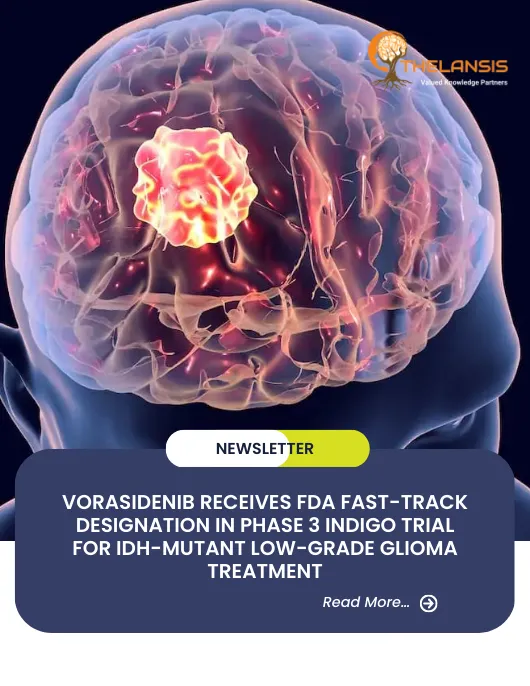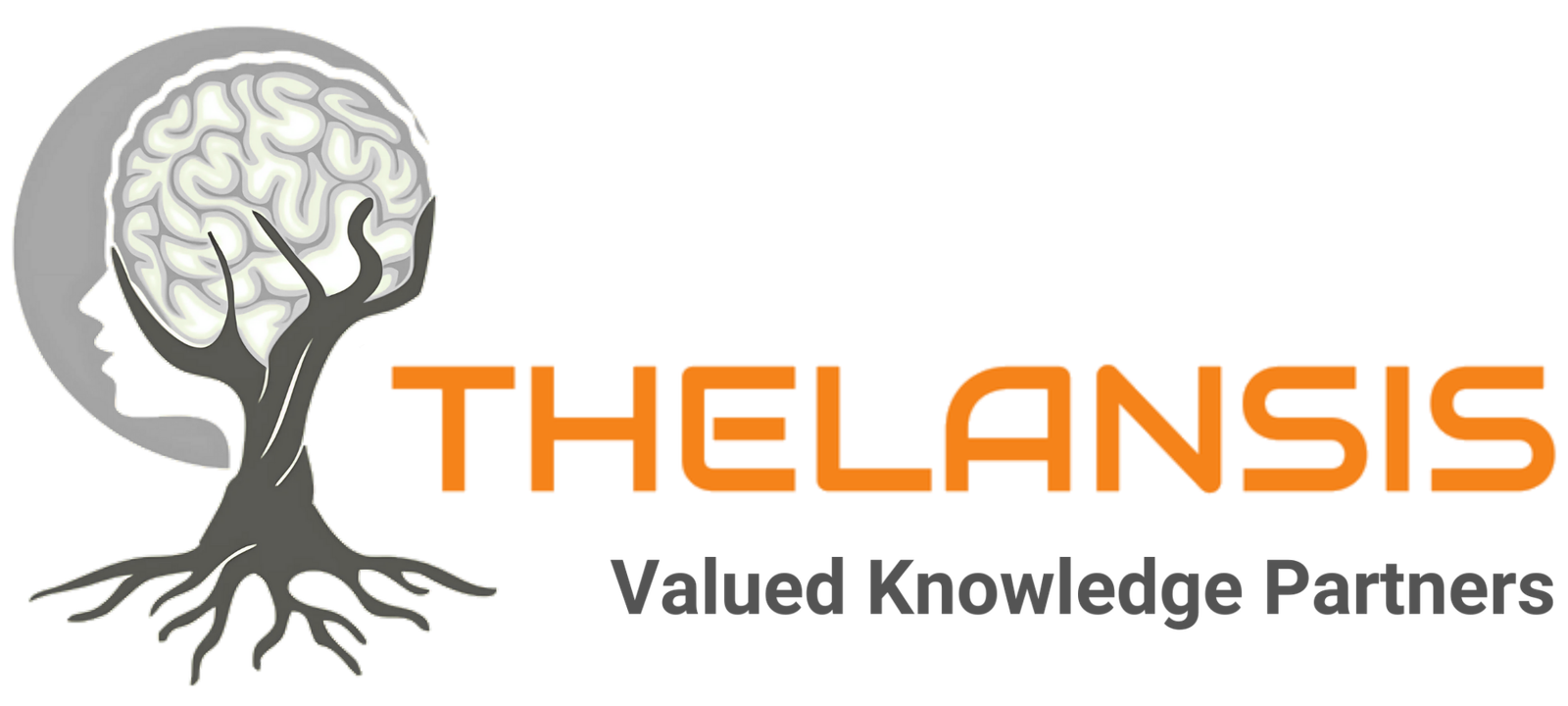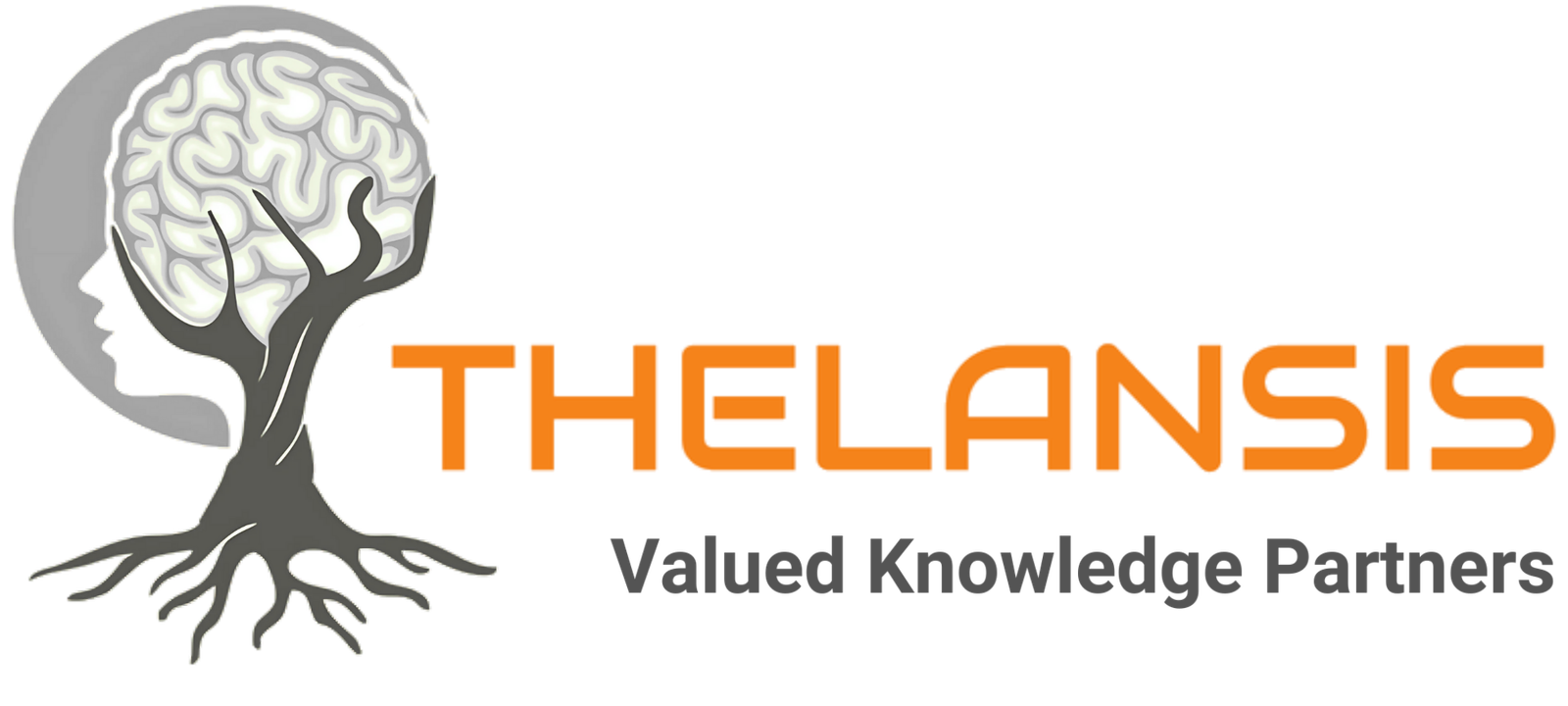
Mar 15 2023
/
Vorasidenib Receives FDA Fast-Track Designation in Phase 3 INDIGO Trial for IDH-Mutant Low-Grade Glioma Treatment
Servier announced that its Vorasidenib has been granted FDA fast-track designation for its ability to prolong progression-free survival (PFS) and time to next intervention (TTNI) in patients with residual or recurrent IDH-mutant low-grade glioma. The phase 3 INDIGO trial showed that Vorasidenib, when compared to a placebo, met the primary and key secondary endpoints. The trial involved randomized, double-blind clinical studies with patients who had undergone surgery as their only prior treatment.
Publish Date: 15-03-2023 Source: Servier
Low-grade gliomas grade II astrocytomas, oligodendrogliomas, and oligoastrocytomas) are a diverse set of primary brain tumors characteristically diffuse and slow growing. Pediatric Low-grade gliomas (pLGG) are relatively slow-growing infiltrative primary brain tumors that almost invariably undergo malignant transformation, the most common brain tumours in children and can arise from glial cells, neuronal cells or both. This heterogeneity is also reflected in the wide range of anatomical locations of these tumours within the CNS as well as treatment outcomes, particularly when surgical resection is either incomplete or not feasible. Low-grade gliomas comprise several subgroups, including pilocytic, pilomyxoid, subependymal giant cell, and diffuse astrocytomas. Two cancer-predisposition syndromes, neurofibromatosis type 1 (NF1) and tuberous sclerosis complex, are associated with an increased frequency of pilocytic astrocytomas and subependymal giant cell astrocytomas, respectively.
- The annual incidence of pediatric LGGs is 1.5 to 2.35 per 100,000 in the US, estimated to be ~1,550 to 1,950 new diagnoses in 2019.
However, the current Low-Grade Glioma treatment market share, market uptake, and attribute analysis concerning the most potential emerging therapies (DAY101, Vinblastine, Dabrafenib, etc..) has been provided under the market outlook section of the study covering 8 MM countries; The United States, EU5 (Germany, Spain, France, Italy, UK) Japan and China.
In terms of pharmacologic therapies, several pharmaceutical products are being approved and under different phases of development for the Low-Grade Glioma treatment. The key companies in the advanced development stage are Day One Biopharmaceuticals, Inc., Hoffmann-La Roche, Novartis, etc..
Based on solid domain and business knowledge, Thelansis Knowledge Partners has published the market outlook forecast report on Low-Grade Glioma to provide a clear understanding of disease area background, epidemiology, current and future competitions, the country-specific standard of care, and the complete market forecast for 2021 to 2032.
Thelansis specializes in pharmaceutical market outlook and market forecast reports. We published reports across the therapeutic area, including rare / ultra-rare and mainstream indications. Over the period, we have built a robust repository of 6,000+ Bio-pharma reports that cover Epidemiology studies and Market forecasting based on the KOL opinions.
Competitive intelligence and track of trial results throughout the phases of development executed by a team of a mix of Scientific and Business backgrounds. As an organization, the primary focus is to provide real-world data evidence and market insight to pharmaceutical companies for their decision-making
- Delivery Office:
B-1030, C Wing Vrindavan tech village, Outer ring road
Bangalore- 560037
India+91(124)404-1731
clientsupport@thelansis.com - Sales office:
183 Asylum Street Hartford,
CT-06103, USA
Contact no. +1 (302) 380-3552
m.berg@thelansis.com
Related posts:
- Ikena Oncology’s IK-175 Receives FDA Fast Track Designation for Advanced Urothelial Carcinoma
- FDA Grants Fast Track Designation to HiberCell’s HC-7366 for Acute Myeloid Leukemia Treatment
- FDA Grants Orphan Drug Designation to HM15211 for Idiopathic pulmonary fibrosis (IPF)
- FDA Grants Rare Pediatric Disease Designation to 177Lu-omburtamab-DTPA for Medulloblastoma

